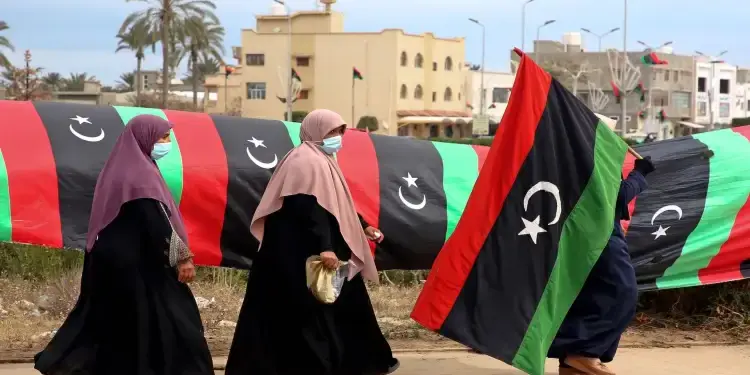Since the recent decision of the Libyan authorities to want to restore the customs police and to make the wearing of the hijab compulsory for women, various and sometimes lively reactions are heard even in Tunisia.
This measure envisaged according to the recent declarations of the Libyan Minister of the Interior marks a return to strict religious norms in Libya and raises questions about its potential impact on society and arouses concerns in a country marked by years of debate on secularism and the place of religion in public space.
Indeed, Imad Trabelsi, Libyan Minister of the Interior, had held a press conference during which he addressed this issue. And it is up to him to announce the return of what he calls the “moral police”.
In Libya, the return of the moral police and the taxation of the hijab are part of an attempt by the authorities to regulate behavior and to consolidate a social order in accordance with a strict interpretation of religious values.
These decisions echo practices already observed in the past in other countries of the region and raise questions about the individual freedoms of women in Libya, as well as the nature of the state and the place of religion in its institutions.
In Tunisia, this Libyan news has aroused concerns, especially among human rights defenders and feminist organizations. For many observers, the Libyan decision can feed an increased religious influence in a region where identity issues are already sensitive.
Although this scenario remains unlikely, some fear an “ideological contagion” which could strengthen conservative movements in Tunisia all the more since on social networks, many voices have called for such decisions in our country.








